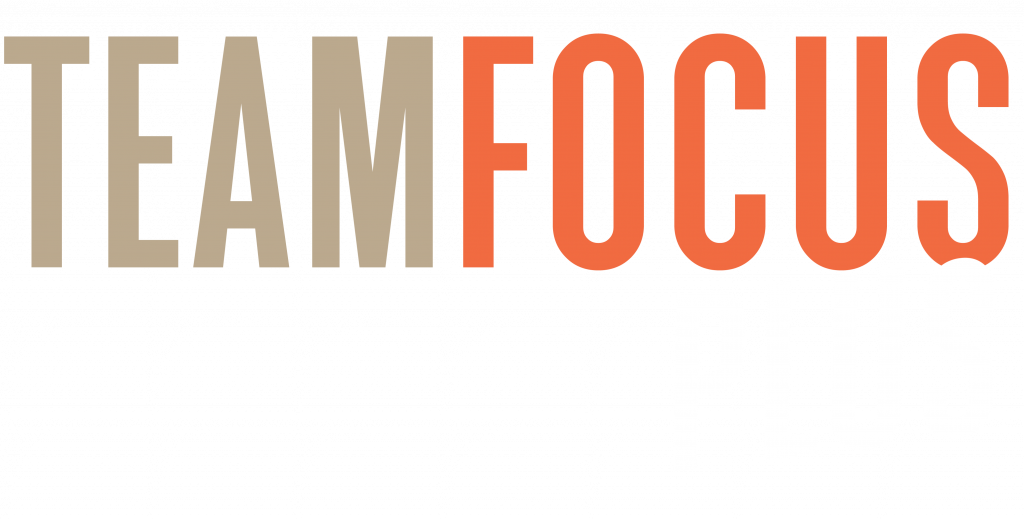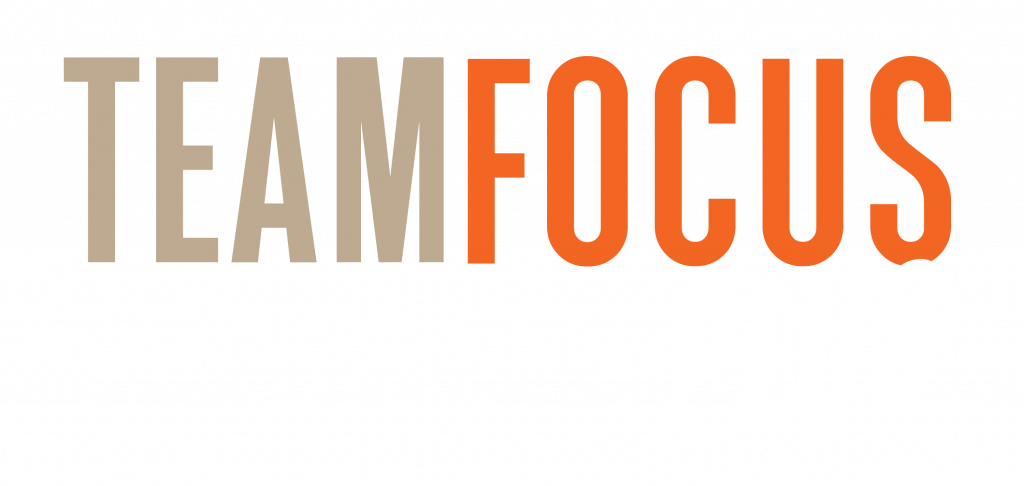Everyone has trouble maximising their productivity. In organisations, the same concern is prevalent and hinders employees from reaching their full potential. On top of this, most organisations practice a hybrid model when collaborating, and that makes it more difficult to monitor. To overcome today’s complex workplace setup, team leaders continuously look for new and efficient strategies to keep everyone motivated and aligned.
Productive collaboration takes a vital role in managing demands and meeting your business goals. More than the act of collaborating, the challenge really is linked to the quality and productivity of your team’s collaboration. To maximise the team’s productivity, you must be able to address the existing problems and consistently implement the solutions designed for each of them. Here are 5 tips:
1. Be the example
To see is to believe. If your team can see your efforts to get your house in order, they will follow through. Exhibiting good time management and prioritisation of your tasks demonstrates that you are a good role model for them. As the team’s leader and biggest motivation, you must be the model of behaviour. Show them that every task is important, but it is also strategic to make time for the tasks that matter.
2. Set and reach the goal
As the leader, it is your job to set goals and boundaries for your team. Setting goals keeps everyone on track. It is important that they are constantly reminded about the tasks and make sure that they have a complete understanding of them. Discuss with the team the key goals and let them share what they can contribute to the tasks. This will help you analyse and designate properly the tasks to the right people and start producing more by committing to fewer tasks.
3. Choose the right technology
Providing the latest and high technology equipment for your team members can scale up their work performance. Keeping their knowledge and skills relevant is important in accomplishing their tasks with efficiency and less time-consuming. With the right technology, reaching the key goals are made easier.
4. Regulate downtime
Taking breaks amplifies productivity. Strict implementation of downtime for your team can boost their efficiency and morale resulting in a less stressed environment and higher quality of output. Regulating time off is also a way for them to monitor their schedule and assess their well-being.
5. Call for help
John Maxwell is right when he said that teamwork makes the dream work. When you have a full plate on your hands, seek assistance. Through this, you can accomplish more jobs. If you are struggling with other aspects of your well-being, call for help.
For the team leaders, allot time to check on your team members. Meet them regularly, plan engagement activities to encourage camaraderie, and give feedback more often.
Becoming more productive and making it a habit is a long-term process. It takes time. Also, it contributes positively to the team’s growth, performance, relationship, and culture. Following these routines would allow your team to optimise every opportunity to produce more quality work, healthier well-being, and smarter collaboration.
Get in touch with Ross Judd and help your team become more productive today






